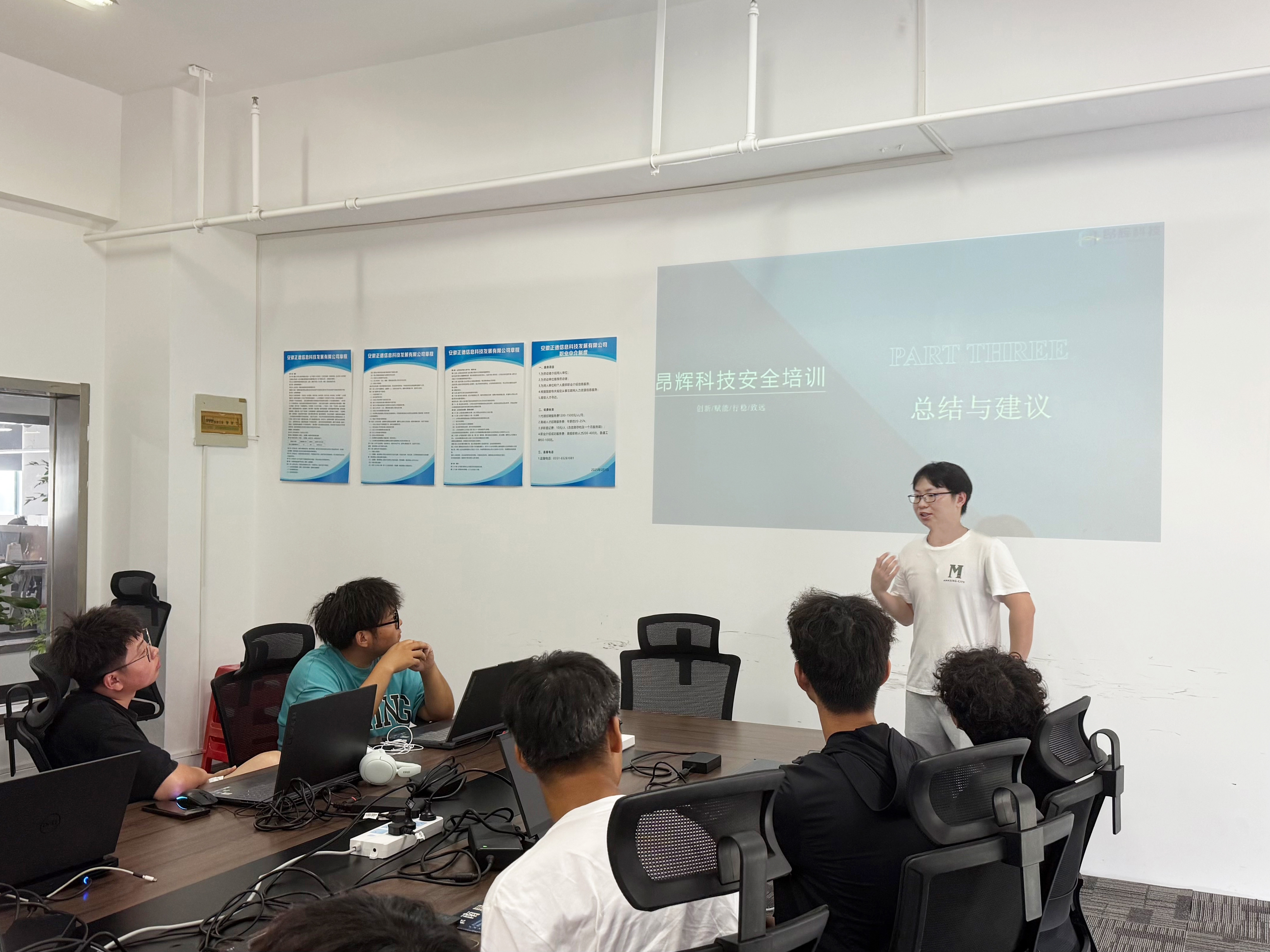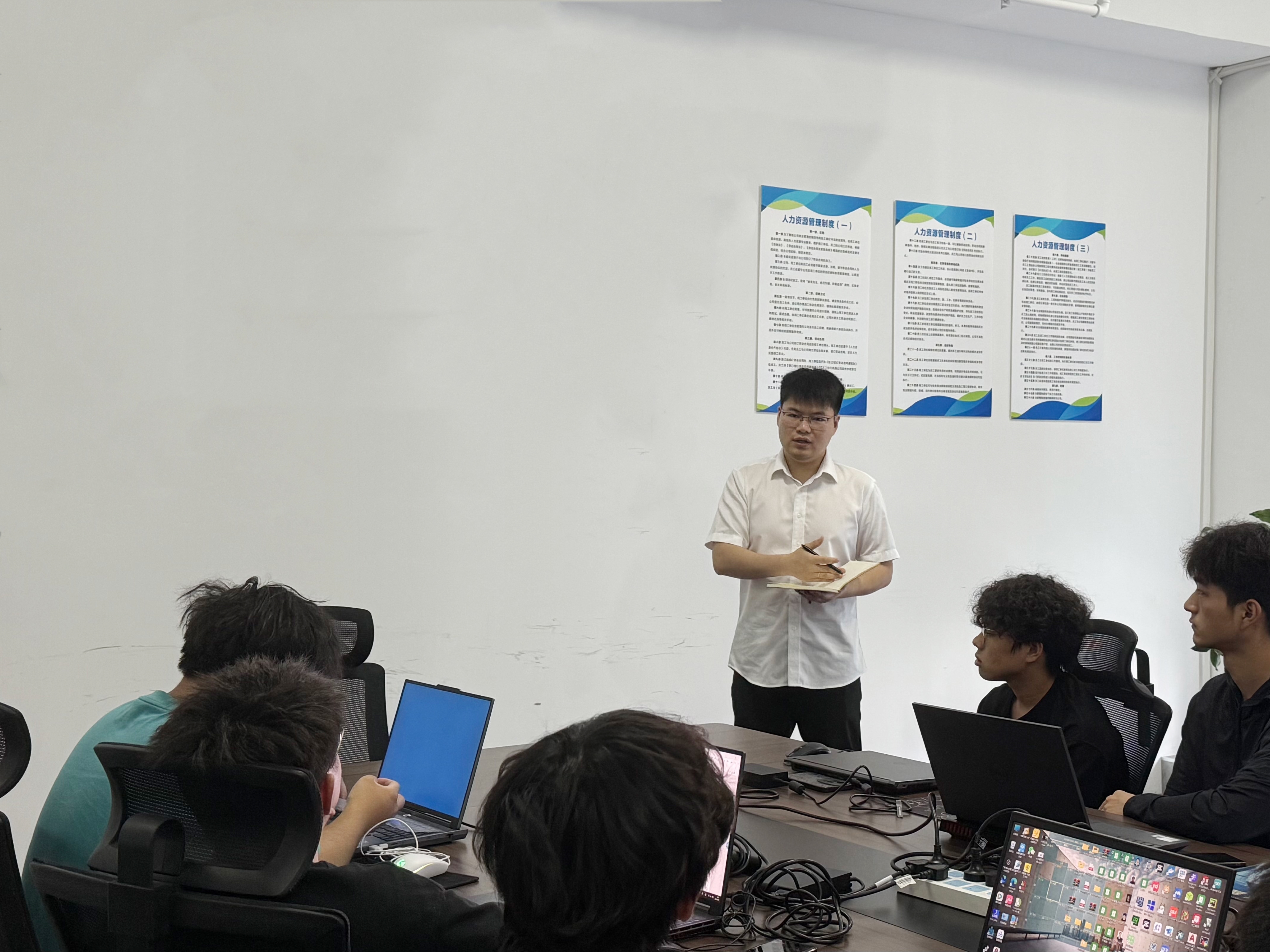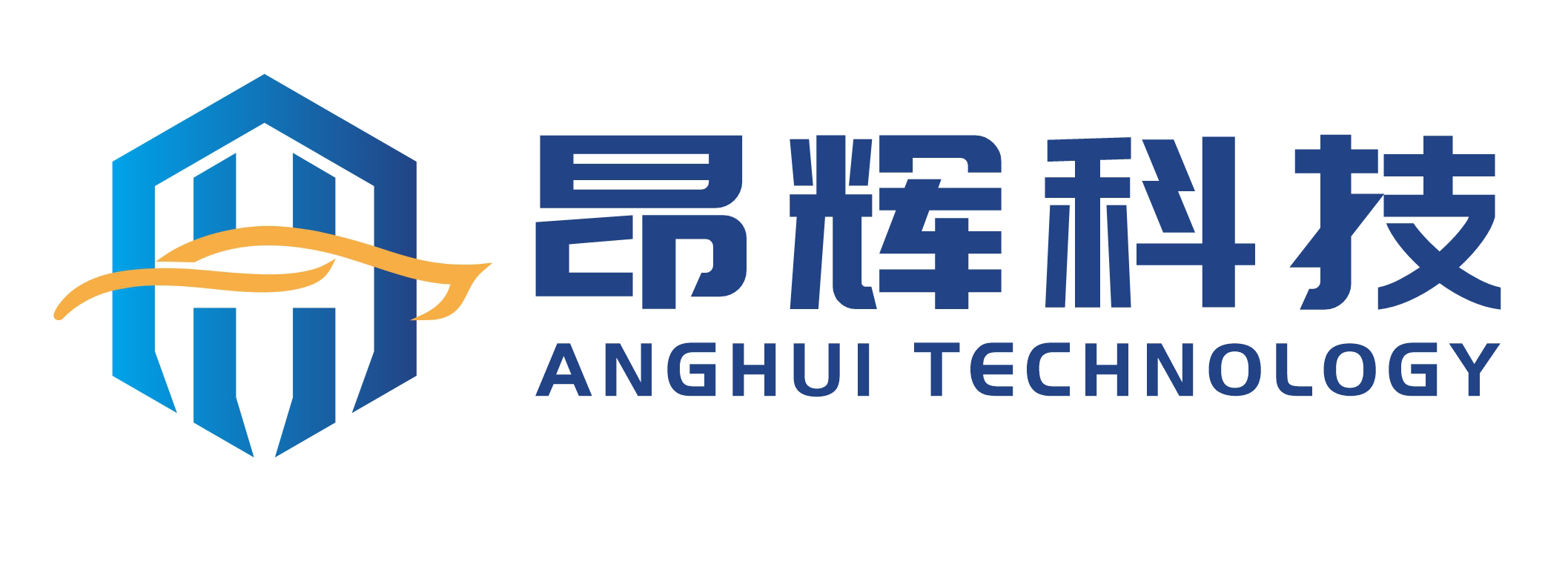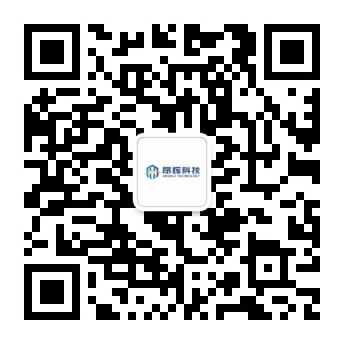Amid the rapid development of intelligent and connected vehicles and the increasing complexity of in-vehicle software, AUTOSAR (Automotive Open System Architecture) has become a globally recognized foundational standard for automotive electronics software. It plays a critical role in the standardization and modular development of automotive electrical architectures, enhancing the autonomy and control of domestic automotive software and ensuring the safety and reliability of intelligent driving systems. In response to the urgent demand for high-level automotive electronics talent, the first New Energy Vehicle Summer Program at Wanxi University’s Modern Industry College officially began on July 8th. The program, jointly hosted by Wanxi University and Anhui Guoke Anghui Technology Co., Ltd., aims to cultivate high-end technical talent for the new energy vehicle industry by deeply integrating industry, academia, and research, with a focus on solid professional knowledge and strong engineering practice capabilities.
On the first day of the program, the course quickly entered a high-intensity professional learning phase. Anghui Technology’s mentor, Cao Hong, led the opening lecture, titled “Cybersecurity Challenges and Protection in Automotive Electronics Networks in the Era of Intelligent and Connected Vehicles.” Cao shared real-world industry cases, analyzing the main cybersecurity threats facing automotive electronic systems today. He emphasized the importance of cybersecurity throughout the entire lifecycle of intelligent and connected vehicle development, raising the participants' awareness of safety design.


The subsequent courses will continue to deepen the integration of theory and practice, closely aligning with industry frontiers. Participants will gain a deeper understanding of the AUTOSAR layered architecture and its critical role in intelligent and connected vehicles, with a focus on learning EasySAR, the automotive software platform independently developed by Anghui Technology. This platform supports static code generation for core functional modules such as communication, diagnostics, and calibration, and is compatible with mainstream chip architectures. Its visualization configuration tool (EasySAR Configurator) significantly enhances the efficiency and collaboration in ECU development. The course will also draw on Anghui Technology’s successful experience in the domestic substitution of BMS (Battery Management System), offering an in-depth analysis of BMS hardware circuit design, low-level driver development, and core safety monitoring algorithm principles. Additionally, participants will systematically study calibration protocols such as XCP/CCP, their core value in new energy vehicle development, and other cutting-edge, practical courses, ensuring they acquire a deep understanding of industry-leading technologies and market demands.
The successful launch of the first New Energy Vehicle Summer Program at Wanxi University’s Modern Industry College marks a significant milestone in the advancement of the integration of industry and education in the regional automotive electronics sector, driven by local core companies like Anghui Technology. This shift from “equipment sharing” to “joint technology research and talent cultivation” represents a deeper level of collaboration. By bringing real-world technical challenges, cutting-edge engineering practice cases, and high-level talent directly into university classrooms, Anghui Technology effectively bridges the critical gap between the rapid pace of industrial development and the cultivation of talent in academia. This initiative is crucial for precisely training and reserving the interdisciplinary engineering talent needed for breakthroughs in domestic automotive electronics software core technologies. Furthermore, it sets a benchmark for the nationwide exploration of the “enterprise-led, university-collaborative” innovative talent development model in modern industry colleges.









